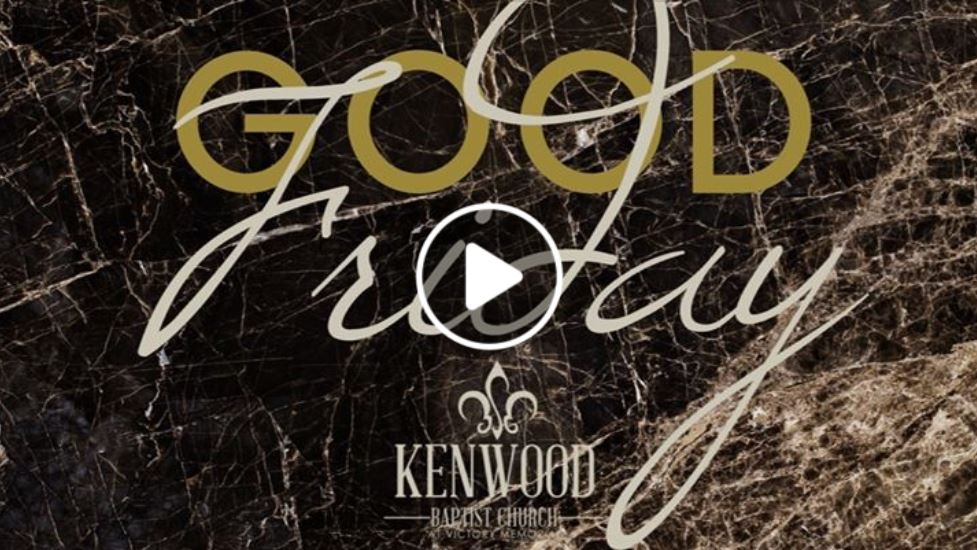The news of Wendell Berry’s recent endorsement of gay marriage is not altogether surprising, but it is certainly a case-study in self-contradiction. Here he is in his own words:
My argument…was the sexual practices of consenting adults ought not to be subjected to the government’s approval or disapproval, and that domestic partnerships in which people who live together and devote their lives to one another ought to receive the spousal rights, protections and privileges the government allows to heterosexual couples.
In one line, Berry says that the sexual practices shouldn’t be subject to the government’s approval or disapproval, and yet in the very next sentence he supports extending the government’s approval to the sexual relationships of gay couples. Can anyone make any logical sense out of that?
Berry also argues that the Bible really doesn’t emphasize gay marriage enough for Christians to make much hay about it. He writes,
The Bible…has a lot more to say against fornication and adultery than against homosexuality.
I cannot improve upon Doug Wilson’s response to this. Wilson writes:
For believing Christians, the issue is what the Bible teaches, not how much it teaches on one thing compared to other issues. There are matters of first importance compared to other matters, but this is determined by wisdom, and not by word counts. We should not tally up citations of the Ten Commandments throughout Scripture in order to manage our disobedience by triage.
Hear, hear. Read the rest of Wilson’s essay here.




13 Comments
Paula Bolyard (@pbolyard)
So I wonder if Berry is supporting the stars of Sister Wives in their suit against the state of Utah alleging that the ban on polygamy infringes on (among other things) their religious rights and right to privacy. The case will be heard by the U.S. District court on Thursday. How about those coming to this country practicing polygamy in the Sharia law context? Does Berry want to give all “spousal rights, protections and privileges the government allows to heterosexual couples” to any and every arrangement humans can come up with? Will he draw the line anywhere?
Dave Miller
Thank you for your faihfulness in posts like this.
Denny Burk
Thanks, Dave.
Nathan Cesal
“domestic partnerships in which people who live together and devote their lives to one another ought to receive the spousal rights, protections and privileges the government allows to heterosexual couples.”
I’m not sure this quote is necessarily about sexual activity.
Robert Vaughn
It seems to me that his comments about “natural” and “unnatural” sexual activity are equally inane.
Thanks for pointing out this article.
Jay Ryder
“the sexual practices of consenting adults ought not to be subjected to the government’s approval or disapproval, and that domestic partnerships in which people who live together and devote their lives to one another ought to receive the spousal rights, protections and privileges the government allows to heterosexual couples.”
Actually, the quote made sense to me. Let me give another example. While the Church would never condone, approve, or recognize a wedding between a Christian man and a practicing Muslim woman on Biblical grounds, the government has not or will not take a stance to approve or disapprove the morality of such a partnership. The government grants all of the rights and priveleges to such a union legally without taking a position on the general morality of the matter. This is not to say that the government is not required to make morality an issue, since the government will not allow marriages in certain cases (based on age/consent, polygamy, ancestry, etc). Perhaps a better way to say it is that our governmental officials must decide when issues like these are governed strictly within the “Church” magesterium (like believers to unbelievers or same sex) and when the issue is one of public civil law.
I’m not saying I agree, but there is some merit to the argument, as it brings up the whole question of why the Church gave away so much power to the government a long time ago when it came to recognizing marriage.
Don Johnson
I will try to (perhaps) explain Berry’s argument and why it is not as inane as it might appear.
1) What is the purpose of government? It is to enforce some religion’s idea of morality? No, because different religions have different ideas about what is moral. This means that one purpose of government should be to thwart exploitation by one person of another. This means it is the last resort to enforcing contracts, capturing murderers and enslavers, etc.
2) Given this purpose of government, it should stay out of the marriage business. Let the government support and allow for final enforcement of a civil union contract for every and any adult that one can enter into by choice. Assuming there is no coercion, it is not the government’s business.
3) Leaders of various religions are then free to declare that some civil unions are marriages in their eyes and they may very well decline to say that some others are marriages. But this is because each has their own definition of what is a valid marriage. In particular, a Christian leader is free to teach that a civil union between homosexuals is not a marriage according to the way they understand what the Bible teaches or what the Church teaches.
P.S. As far as I know, Doug Wilson is not a Sabbath keeper, so his use of the 10 Commandments as an exemplar of morality is curious, to say the least. That is, unless he does keep the Sabbath as defined in Scripture, he has found a way to decide for himself which parts to try to keep and which do not need to be kept.
Johnny Mason
what do you mean by government? Are you referring to federal, state, local, or all levels of government. I could see your argument having weight when applied at the federal level, but it breaks down at the state and local level. For example, the founders had no problem with state endorsed religion. Many of the original states had religious tests to hold office enshrined in their constitutions. They just did not want the federal government to have that power.
Don Johnson
Yes, that is true, many of the original states had a state sponsored religion, this was the reality on the ground at the time and all of them have divested themselves of this aspect over time, as far as I know. For example, Maryland no longer claims to be a Roman Catholic state and Virginia no longer claims to be an Episcopal state.
I was discussing the federal level, thanks for pointing that out.
Natalie Trust (@NatalieTrust)
Don, I appreciate your thoughtful response. I agree that the government should be involved as a last resort.
I also find it curious that Wilson uses the phrase “Believing Christians”…as if there are believing and nonbeliving Christians?
Jeff Weaver
Don, et al,
You rightly stated that the role of government is to protect the exploitation of citizens, and I would add, particularly the vulnerable and weak. And it is for the sake of children, therefore, that our government has plenty of jurisdiction.
What you may find ironic, is that gay activists in France, disagree with what you said…
http://www.thepublicdiscourse.com/2013/01/7601/
To your objection about government forwarding one religion’s morality, we need to caution ourselves here from blanket statements. Although the separation of church and state is helpful and essential to religious freedom, the presupposition of the Constitution is not polytheism. John Locke and the founders affirmed a ‘Creator’ deity in it’s basis of government. So, yes, to some degree, the government does enforce a particular religious presupposition, and it enforces it every time we talk about ‘rights’, ‘all men being created equal’, etc.
Don Johnson
Jeff,
The USA does not have an official religion, rather, it is a nation of religious liberty. It is true that the Declaration of Independence declared that God gave people certain rights, but the D of I is not the law of the land, the Constitution is, or at least is supposed to be.
It is also true that much of that religious liberty was in theory rather than in practise, the Mormons were not allowed to continue in polygamy, for example, and US cannon “helped” them see that monogamy was correct. But I still want to live in a nation with declared religious liberty and not in one that might declare they are a “Christian” nation. Why? Because I am concerned that someone else’s definition of what it means to be a Christian might differ from mine and they would try to impose their beliefs on me.
Matthew
I don’t mind saying that it hurt me to read of this story… I’ve been an ardent devotee of Berry’s work for some time now. It was partially his influence that eventually led me to return to my rural East Texas hometown rather than seeking fame and fortune in a metropolitan East Coast city. Over the years I’ve taken many of Berry’s ideas and internalized them into my own views of Christian stewardship and community-building.
While I can’t say these recent statements force me to reexamine things that I’d previously already squared with Scripture and fundamental Christian orthodoxy, I can no longer remain as overt in my endorsement of Berry’s ideas. Any future work of his I encounter will also have to be more rigorously vetted than perhaps in the past.